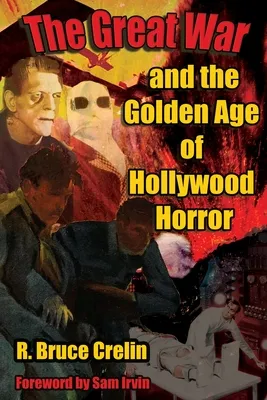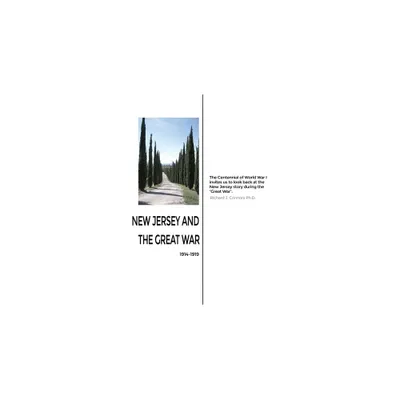Home
a World on Edge: the End of Great War and Dawn New Age
Loading Inventory...
Barnes and Noble
a World on Edge: the End of Great War and Dawn New Age
Current price: $19.99


Barnes and Noble
a World on Edge: the End of Great War and Dawn New Age
Current price: $19.99
Loading Inventory...
Size: Audiobook
*Product Information may vary - to confirm product availability, pricing, and additional information please contact Barnes and Noble
The story of the aftermath of World War I, a transformative time when a new world seemed possible—told from the vantage of people, famous and ordinary, who lived through the turmoil
November 1918. The Great War has left Europe in ruins, but with the end of hostilities, a radical new start seems not only possible, but essential, even unavoidable. Unorthodox ideas light up the age: new politics, new societies, new art and culture, new thinking. The struggle to determine the future has begun.
Sculptor Käthe Kollwitz, whose son died in the war, is translating sorrow and loss into art. Captain Harry Truman is running a men’s haberdashery in Kansas City, hardly expecting he will soon go bankrupt—and then become president of the United States. Moina Michael is about to invent the “remembrance poppy,” a symbol of sacrifice that will stand for generations to come. Meanwhile Virginia Woolf is questioning whether that sacrifice was worth it, and George Grosz is so revolted by the violence on the streets of Berlin that he decides everything is meaningless. For rulers and revolutionaries, a world of power and privilege is dying—while for others, a dream of overthrowing democracy is being born.
With novelistic virtuosity, Daniel Schönpflug describes this watershed time as it was experienced on the ground—open-ended, unfathomable, its outcome unclear. Combining a multitude of acutely observed details, Schönpflug shows us a world suspended between enthusiasm and disappointment, in which the window of opportunity was suddenly open, only to quickly close shut again.
November 1918. The Great War has left Europe in ruins, but with the end of hostilities, a radical new start seems not only possible, but essential, even unavoidable. Unorthodox ideas light up the age: new politics, new societies, new art and culture, new thinking. The struggle to determine the future has begun.
Sculptor Käthe Kollwitz, whose son died in the war, is translating sorrow and loss into art. Captain Harry Truman is running a men’s haberdashery in Kansas City, hardly expecting he will soon go bankrupt—and then become president of the United States. Moina Michael is about to invent the “remembrance poppy,” a symbol of sacrifice that will stand for generations to come. Meanwhile Virginia Woolf is questioning whether that sacrifice was worth it, and George Grosz is so revolted by the violence on the streets of Berlin that he decides everything is meaningless. For rulers and revolutionaries, a world of power and privilege is dying—while for others, a dream of overthrowing democracy is being born.
With novelistic virtuosity, Daniel Schönpflug describes this watershed time as it was experienced on the ground—open-ended, unfathomable, its outcome unclear. Combining a multitude of acutely observed details, Schönpflug shows us a world suspended between enthusiasm and disappointment, in which the window of opportunity was suddenly open, only to quickly close shut again.


















